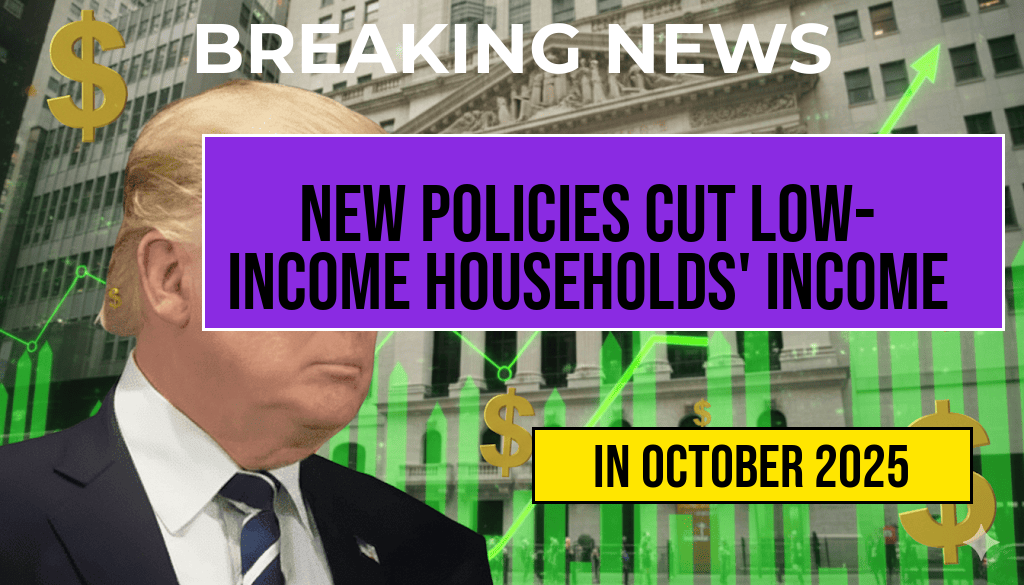In a startling revelation about the financial anxieties gripping the nation, a recent survey indicates that two-thirds of Americans express a greater fear of running out of money than of death itself. This finding highlights the growing concerns surrounding financial security, retirement savings, and the overall economic landscape in the U.S. As inflation continues to rise and wages stagnate, many individuals feel increasingly vulnerable to financial instability. The study, conducted by a reputable financial services firm, sheds light on the psychological impact of economic uncertainty, particularly for younger generations who are grappling with student debt and rising living costs.
Survey Insights and Methodology
The survey, which polled over 2,000 adults across the United States, aimed to explore the fears and priorities of Americans regarding financial stability and mortality. Respondents were asked to rank their biggest fears, with the option to choose between various scenarios, including financial ruin, job loss, and death. The results were striking: 67% of participants indicated that their fear of running out of money eclipsed their fear of death, a sentiment that resonates deeply amid current economic challenges.
Demographic Breakdown
| Age Group | Fear of Running Out of Money (%) | Fear of Death (%) |
|---|---|---|
| 18-24 | 75 | 25 |
| 25-34 | 70 | 30 |
| 35-44 | 65 | 35 |
| 45-54 | 60 | 40 |
| 55+ | 50 | 50 |
Underlying Factors Contributing to Financial Anxiety
Several factors contribute to this pervasive fear of financial insecurity among Americans. Rising living costs, particularly in housing and healthcare, have left many feeling financially stretched. A significant portion of the population has not accumulated adequate savings for retirement, with estimates suggesting that nearly 50% of Americans have less than $10,000 saved for retirement. Additionally, the burden of student loan debt, which totals over $1.7 trillion nationwide, has left younger individuals particularly anxious about their financial futures.
The Impact of Inflation
The ongoing inflation crisis has exacerbated these fears. With prices for everyday essentials such as groceries, gas, and rent continuing to climb, many Americans find their paychecks insufficient to cover basic expenses. According to the U.S. Bureau of Labor Statistics, inflation rates have consistently hovered around 6-8% in recent months, further eroding purchasing power. This financial strain has led to increased stress and anxiety, making the prospect of running out of money a more immediate concern than mortality.
Comparative Analysis of Fears
Financial fears are not unique to the U.S.; however, the degree to which they overshadow fears of death is particularly notable. In various surveys conducted globally, financial insecurity often ranks high among concerns, but few countries report a similar trend where more people fear financial ruin than death. This phenomenon may reflect the uniquely American cultural emphasis on individual financial responsibility and success.
Consequences of Financial Anxiety
- Increased Stress Levels: Chronic financial worry can lead to mental health issues, including anxiety and depression.
- Impact on Relationships: Financial strain can cause tension and conflict within families and partnerships.
- Reduced Quality of Life: People may forgo essential health care or fail to invest in personal development due to financial concerns.
Addressing Financial Fears
Experts recommend several strategies to help individuals mitigate their financial fears. Creating a budget, establishing an emergency fund, and seeking financial education are critical steps toward achieving greater financial security. Additionally, consulting with a financial advisor can provide personalized strategies to manage debt and plan for the future.
As the economic landscape continues to evolve, understanding the root causes of financial anxiety may help policymakers develop strategies to alleviate these fears. By addressing issues such as inflation, wage growth, and access to financial education, it may be possible to shift the focus away from fear and towards empowerment.
For more insights on managing financial stress, visit Forbes and explore resources provided by the National Debt Relief.
Frequently Asked Questions
What does the article reveal about Americans’ fears regarding finances?
The article shows that two-thirds of Americans are more afraid of running out of money than of death, highlighting the significant concern about financial security in today’s economy.
Why are people more afraid of financial instability than death?
Many individuals perceive financial instability as a greater threat to their quality of life, leading to feelings of insecurity and anxiety about their future, especially in retirement.
What demographic factors contribute to this fear of running out of money?
The fear of running out of money is prevalent across various age groups, but it is particularly pronounced among younger and middle-aged individuals who are concerned about their long-term financial health.
How does this fear impact people’s financial decisions?
This fear often leads people to make more conservative financial decisions, such as saving more aggressively, investing cautiously, or delaying major purchases to ensure they have sufficient resources.
What solutions are suggested for alleviating this financial fear?
The article suggests that individuals can alleviate their fear of running out of money by focusing on financial planning, seeking advice from financial advisors, and creating a budget that emphasizes savings and investments.











